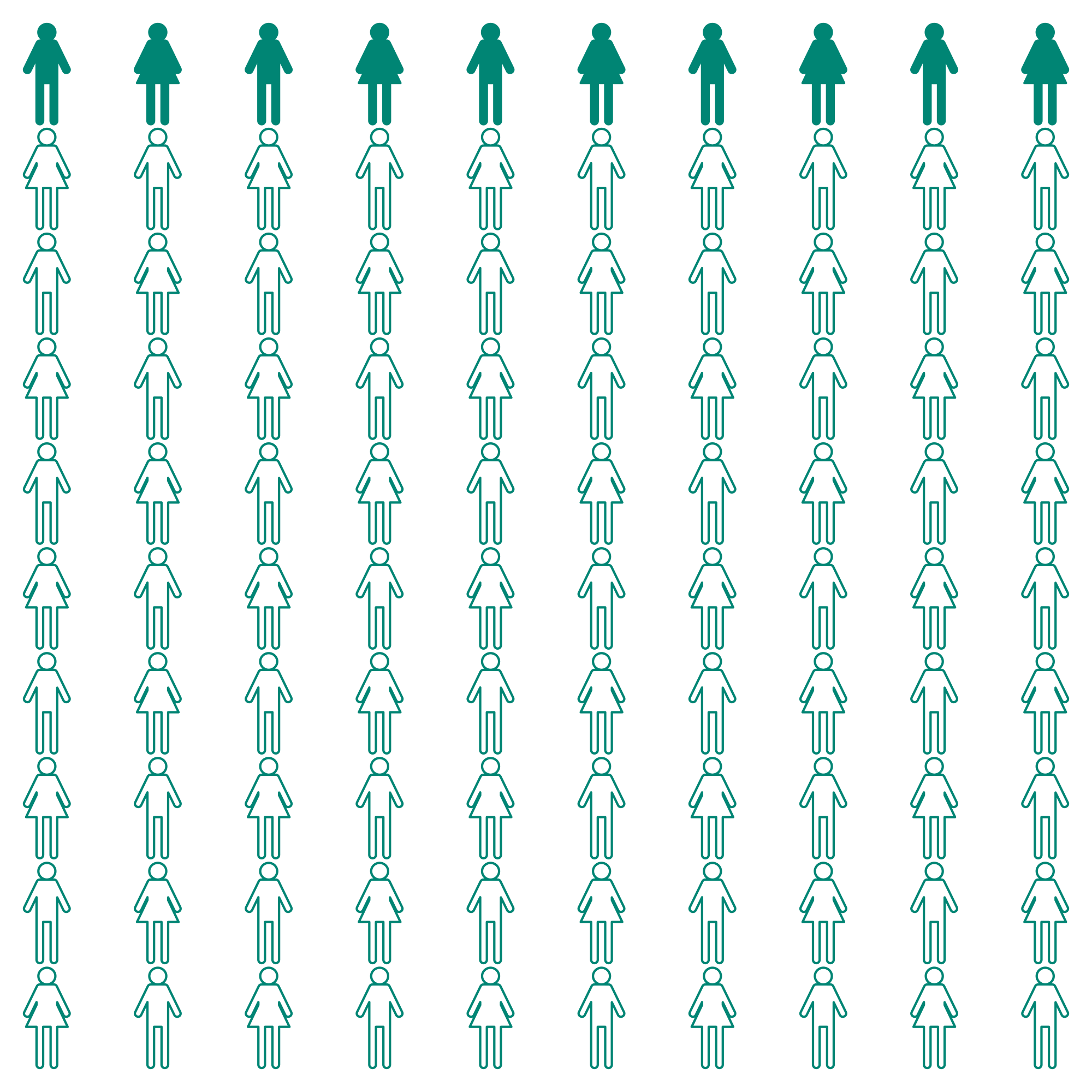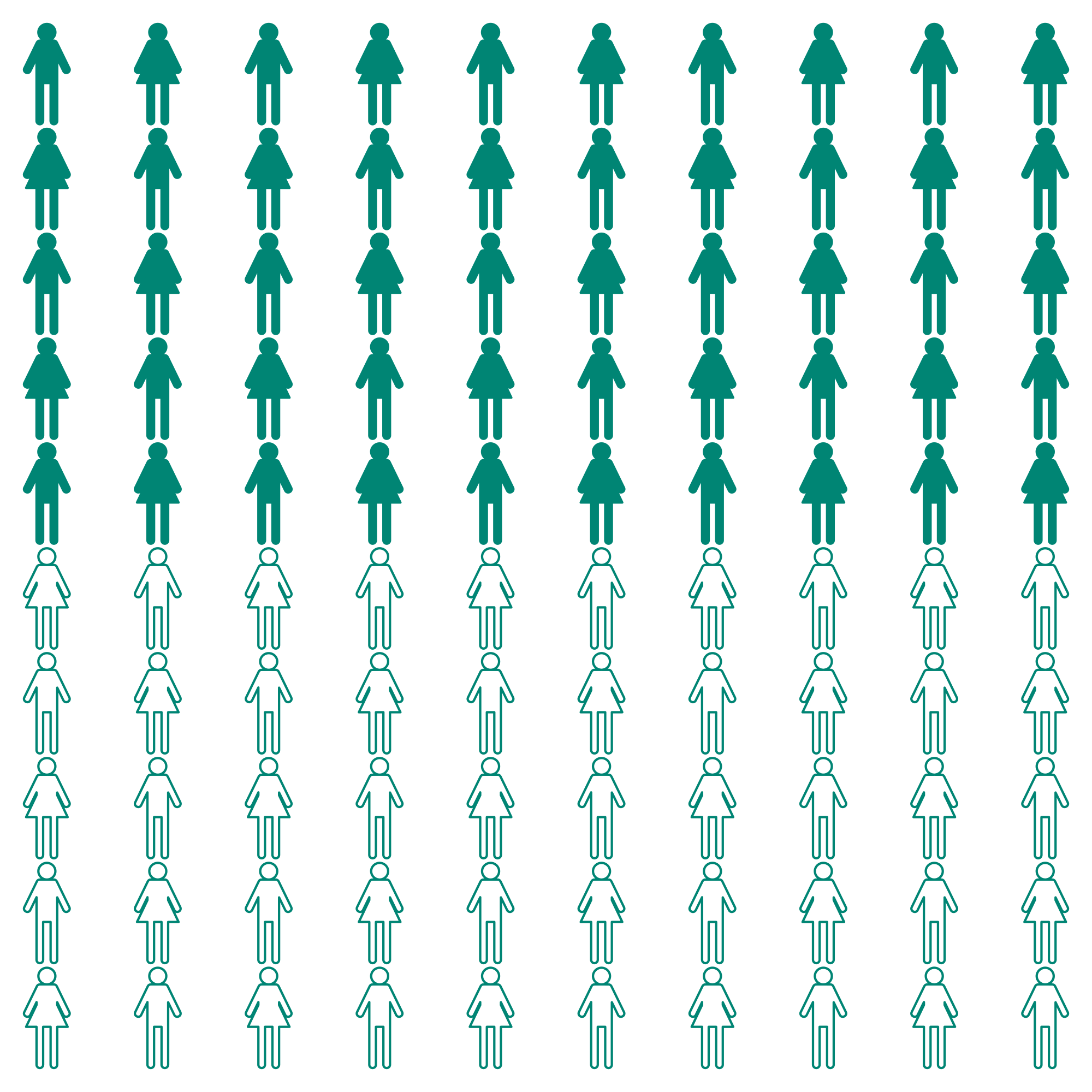STOP-D
Sertraline TO prevent Post traumatic brain injury Depression

What is
STOP-D?
The STOP-D study is a clinical trial. We want to find out if a commonly used antidepressant, called sertraline, is better at preventing depression than a placebo (sometimes called a dummy or 'fake' pill) for people who have had a traumatic brain injury (also called a head injury). We also want to find out if sertraline improves quality of life, and improves other symptoms like sleep problems, headaches, irritability and memory loss. Take part here.
Why
STOP-D?
A traumatic brain injury happens when there is an external force on the head. Common examples are falling off a ladder, being involved in a road traffic accident or having a sports injury. Traumatic brain injuries are one of the most common reasons why people go to their Accident and Emergency (A&E) departments.
It has been estimated in many studies around the world that around 50% of people could develop depression after they have had a traumatic brain injury over the next 12 months. In the general public, this estimate is around 10% over 12 months. In other words there is about five times greater chance of developing depression and related problems such as sleep disturbance, tiredness, poor concentration and memory and irritability.
Comparing the rates of depression between the general public and those with a significant traumatic brain injury
General population

Around 10% of the general population will have or develop some form of depression over a 12 month period1
People who have had a traumatic brain injury

Around 50% will develop significant depressive symptoms over the next 12 months following a traumatic brain injury2
...had a traumatic brain injury in the last eight weeks?
